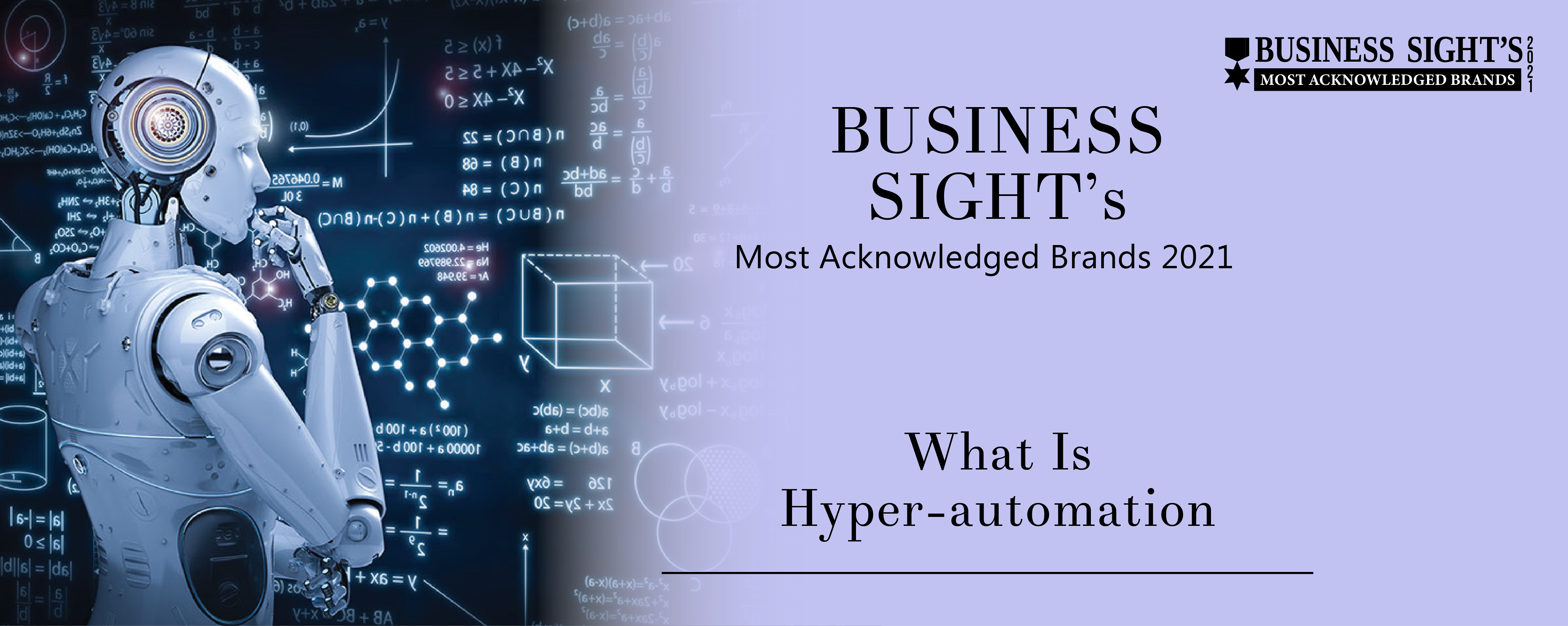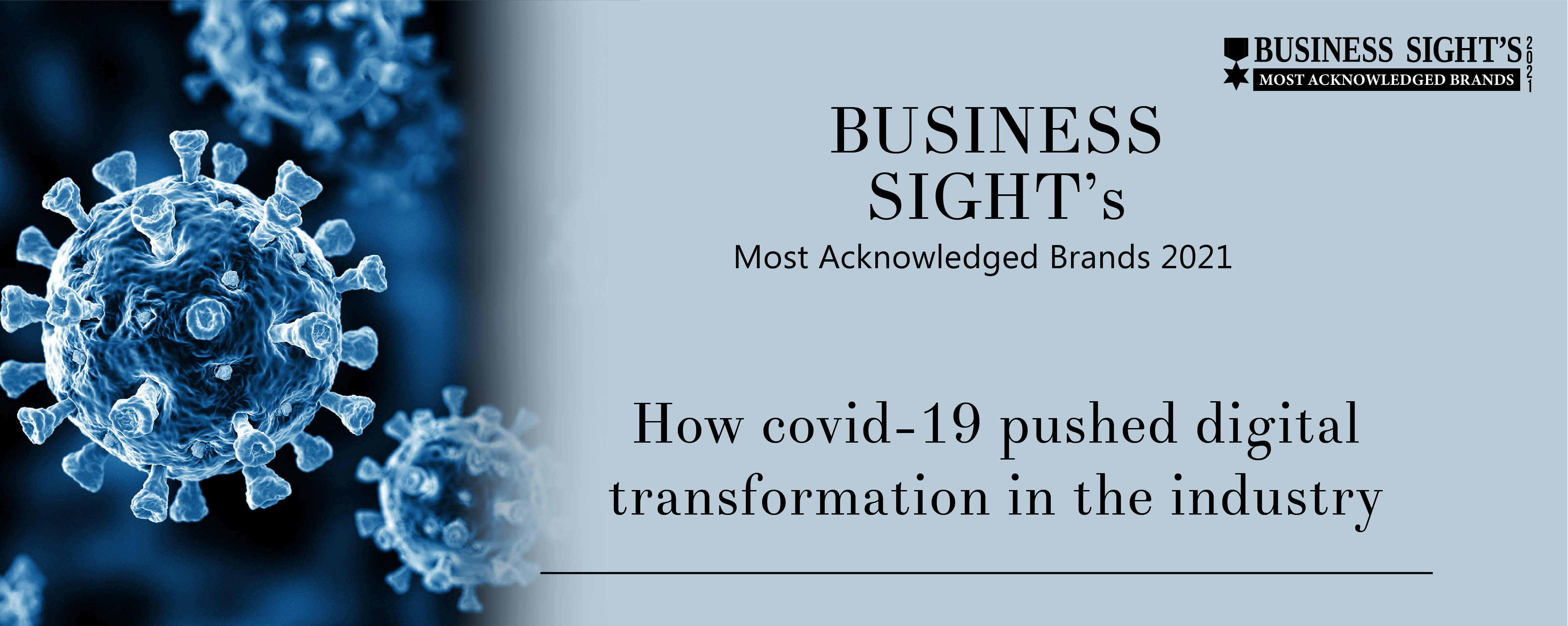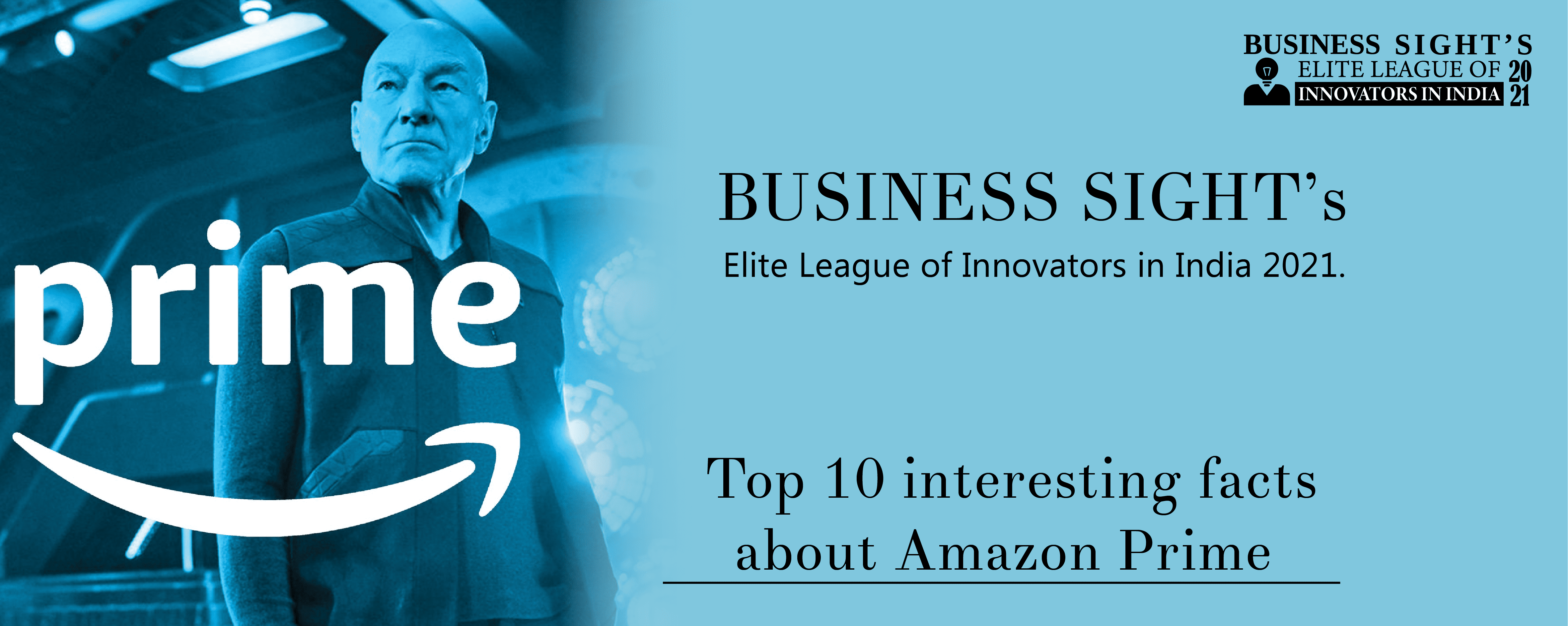The advances in technology impact different sectors and such are the case for the healthcare industry as there are material changes in the business of healthcare, including the increased pace of mergers and acquisitions. Also, with new measures from CMS to support transparency, interoperability, and a continued shift to value-based payments are leading the changes in the healthcare sector. An overwhelming number of new medical technologies promise to improve diagnostics and increase efficiencies in healthcare and hence, we will undoubtedly begin to see the impacts of these changes. While healthcare has historically been slow to adopt technology, the industry is about to witness significant changes over the next several years as the healthcare industry is consolidating rapidly as it moves toward value-based care. Healthcare is marked with different growth patterns and trends that vary within its different sub-domains and these trends have significant ramifications for health systems in 2020 as the pace of change continues to increase.
Patients are advocating for themselves more vocally as the standard of care shifts toward a more person-centered model because health systems constantly have to adapt to changes according to communities, populations, politics, and reimbursement structures. The expectations of convenience and access to information are more critical than ever, going by the understanding of the current climate and the upcoming healthcare trends can help them stay abreast of important changes. The changes are happening behind the scenes on the day-to-day operations and decision-making in hospitals and health systems across the world while the digital health market is expected to reach $206 billion by 2020. The trend as a movement toward lower costs and better care, as smaller hospitals become affiliated with bigger healthcare systems and better technologies to offer better healthcare is likely happening around the globe. With the radical change in the set of expectations that a consumer has today, the healthcare industry is incorporating these expectations in their business models and be prepared for the future in order to stay financially viable.
Fighting changes is useless because it is an opportunity for clinicians to implement these changes in a way that will benefit patients as well as themselves. There is pressure across public and private sectors coupled with observations to implement the changes in the healthcare systems immediately. Therefore, leading companies are already redefining themselves with digital transformation, applied to their main functional areas with a customer-centric approach so as to not burden the system or themselves all the while serving the patients across the world. By implementing modern technologies into the system, the industry is saving a huge amount of time and cost as well.
With the increased adoption of AI and machine learning to predict and treat conditions has given rise to an entirely new sector of innovative health technologies. Developing Artificial Intelligence (AI) machines that can process information and provide decision-making data in a manner similar to what a human does has become a trending innovation topic in the healthcare industry. Since there is an explosion of data in our society with 2.5 quintillion bytes of data generated each day, artificial intelligence (AI) technologies giving us great hope for the near future to cope with such a huge amount of data. Health systems are turning to AI and machine learning to quickly and accurately identify these issues and diseases to improve patient safety. AI is also coming closer to predicting patients who are at risk of getting sick during and after a hospital stay as it can eliminate the need for readmissions and patient safety is ensured completely.

















